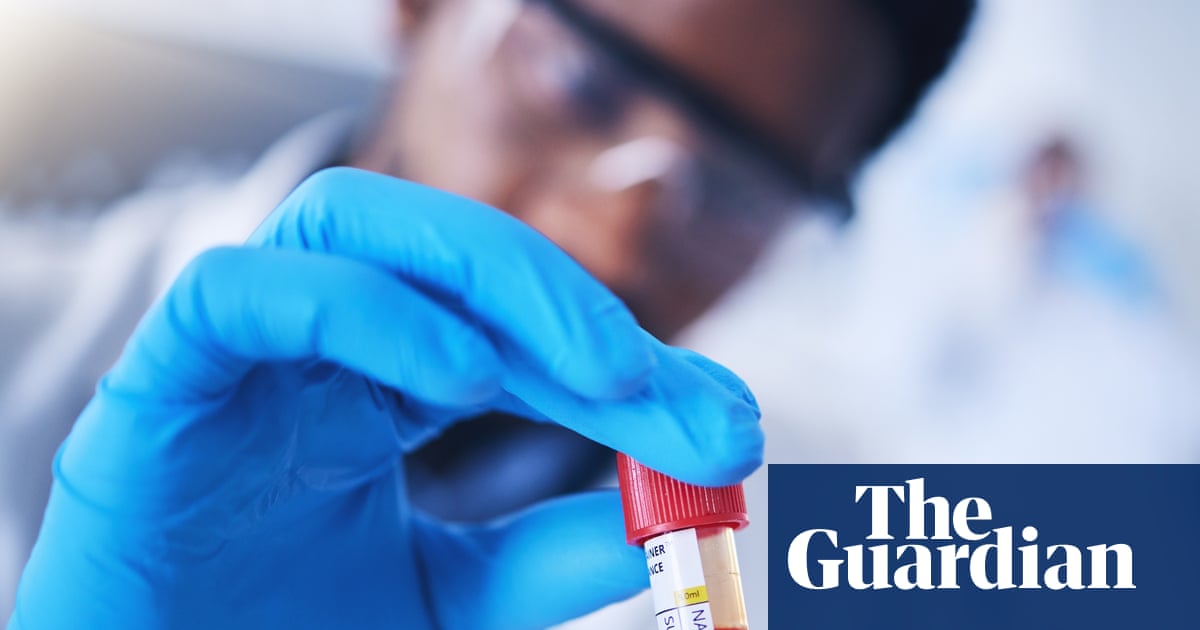
"The world's largest study into key substances in the bloodstream has paved the way for a swathe of pinprick tests that can detect early signs of disease more than a decade before symptoms appear, researchers say. Work on the tests follows the completion of a project by the UK Biobank to measure the levels of nearly 250 different proteins, sugars, fats and other compounds in blood collected from half a million volunteers."
"The UK Biobank worked with Nightingale Health to measure hundreds of key metabolites in the blood, including sugars, amino acids, fats, precursors for hormones and waste products such as urea. The molecules are produced or used when the body breaks down food, drink and medicines, and when organs use energy, make repairs and build fresh tissues for growth. Changes in people's metabolic profiles reflect and drive disease."
Nearly 250 proteins, sugars, fats and other compounds were measured in blood samples from half a million volunteers to create detailed molecular profiles. Those profiles, combined with medical records and death registries, enable prediction of individual risk for conditions such as diabetes, heart disease, cancer and dementia years before symptoms emerge. The measurements were performed using Nightingale Health assays and cover sugars, amino acids, fats, hormone precursors and waste products like urea. Metabolic profiles change with organ dysfunction and disease processes, producing detectable signals such as raised ammonia from liver dysfunction or increased urea from kidney damage. Early detection supports a shift to prevention-focused healthcare via simple pinprick tests.
Read at www.theguardian.com
Unable to calculate read time
Collection
[
|
...
]